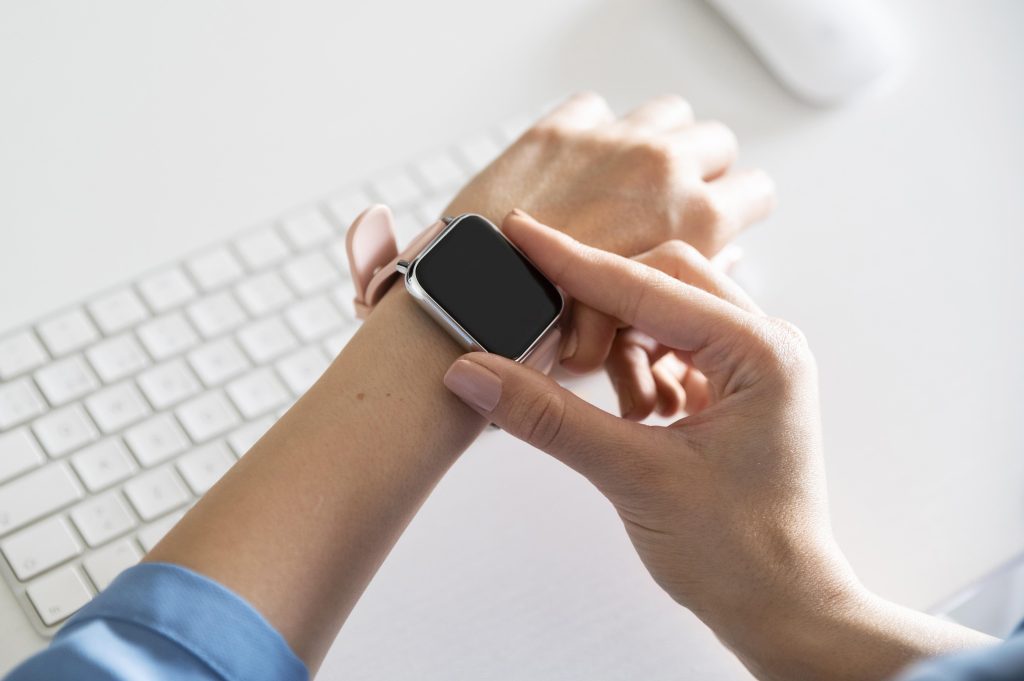Smartwatches transforming health monitoring
A transformation to preventative healthcare with real-time data.

Smartwatches are revolutionising preventative health by providing continuous, detailed insights into users’ physiological data. At CHUV University Hospital, Chief Anaesthesiologist Patrick Schoettker is exploring ways to leverage smartwatches like the Masimo W1 to monitor patients ahead of surgery. This device collects real-time health data, including heart rate, oxygen levels, and hydration, to create a “digital twin” that could help identify and mitigate risks before operations. Schoettker and his team hope to reduce surgery-related complications by using these insights to anticipate issues.
The potential of smartwatches extends beyond surgery. Leading cardiologists, like Gosia Wamil at Mayo Clinic Healthcare, are already using smartwatch data to detect irregular heart rhythms and other cardiac conditions early, facilitating timely intervention. AI algorithms can now analyse data from wearable devices to predict more serious heart issues, such as low ejection fraction—an early warning sign of heart failure. This technology has also proven useful in tracking health risks among patients with chronic conditions like diabetes, to prevent complications such as heart attacks and strokes.
Beyond cardiology, wearable technology holds promise for neurological and chronic conditions. Research has shown that smartwatches can detect early signs of Parkinson’s disease years before symptoms are noticed by patients. Studies are also underway to assess how smartwatch data might predict seizures in epilepsy patients, helping them better manage risks. As smartwatches grow more sophisticated, their ability to track various health metrics could reshape preventative care. While concerns about false positives remain, experts believe the benefits, such as early detection and reduced healthcare costs, are likely to outweigh these challenges.
